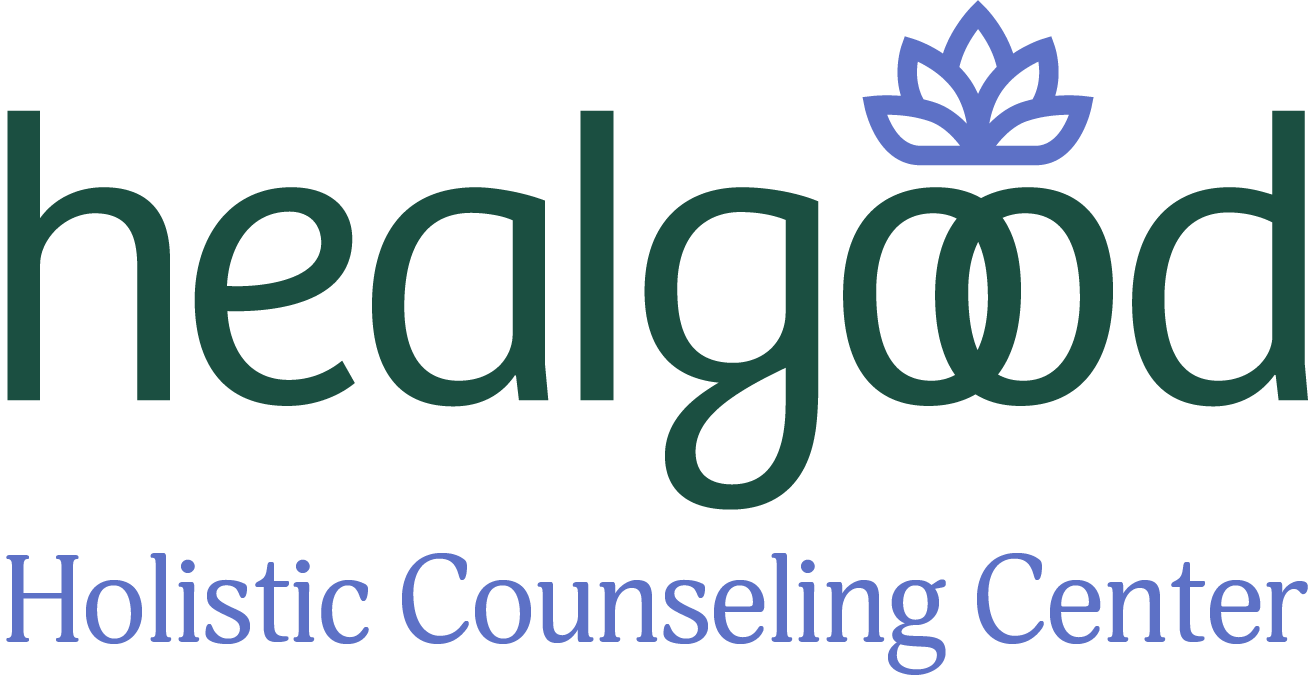The Healgood Blog
The Pressure of Perfection: Navigating Mental Health Amidst Olympic Standards
The Olympics are a global celebration of athletic achievement, showcasing the incredible feats of athletes who often dedicate their lives to perfecting their sports. While these performances can inspire admiration and awe, they can also set unrealistic standards for viewers.
Nourishing Recovery: 5 Tips for Supporting Your Child During Meal Times in Eating Disorder Recovery
As a parent, watching your child struggle with an eating disorder can be incredibly difficult. Supporting your child during meal times is an essential part of their recovery, but it can also be one of the most challenging. Here are five tips to help you support your child during meal times in eating disorder recovery.
More than just picky eating: Avoidant / Restrictive Food Intake Disorder (ARFID)
Avoidant / Restrictive Food Intake Disorder (ARFID) sometimes referred to as “selective eating or picky eating” is an eating disorder which affects a person's physical and/or mental health by significant impairment to eating or feeding behaviors. ARFID behaviors are not motivated by…
Healing in “real life”: How restaurant and grocery store exposures facilitate eating disorder recovery
When in recovery from an eating disorder, many find that there comes a point when “the rubber meets the road” or, in other words, “sh*t gets real.” You’ve come to a juncture in your recovery journey, where you’ve successfully practiced and the learned tools and skills necessary to challenge the eating disorder. Yay! But then, plot twist, the next challenge is to use these skills beyond the therapist’s or dietitian’s office and in real life.
Disclaimer: The content provided on this website is for informational and educational purposes only and is not intended to substitute professional counseling, diagnosis, or treatment. Contacting us or viewing this website does not establish a professional counseling relationship. A counseling relationship is only established after a formal intake process, mutual agreement, and signed informed consent. If you are in crisis or need immediate support, please contact 911 or go to your nearest emergency room. Additional crisis resources can be found here.




